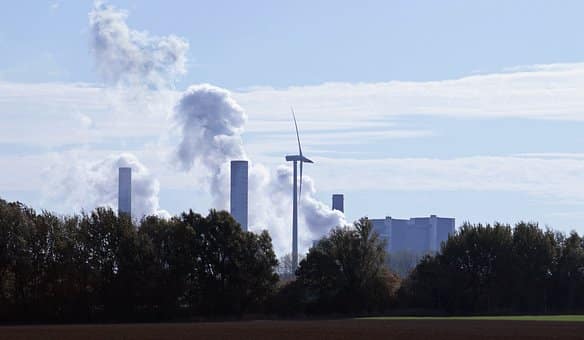EPA Announces $300 Million in Climate Pollution Reduction Grants for Tribes and U.S. Territories

The U.S. Environmental Protection Agency on Sept. 5 announced the selection of 34 projects that will receive $300 million in federal funding to tackle climate issues in Tribal nations and a U.S. territory. The funding is part of the Climate Pollution Reduction Grants, or CPRG, program established by the 2022 Inflation Reduction Act to fund state, local, and tribal programs and policies that reduce emissions, advance environmental justice, and deploy clean energy solutions.
The agency chose 34 projects from 110 applications that requested a total of $1.3 billion in funding. The selections include 33 tribal recipients and the Municipality of Saipan in the Commonwealth of the Northern Mariana. Based on estimated figures provided in the applications, the selected projects could cut over 7 million metric tons of carbon dioxide emissions by 2050. This reduction is the equivalent of carbon emissions resulting from the electricity consumed by 1.4 million households per year.
The $4.6 billion program includes a general competition and another competition specifically for tribes and territories. In July, the agency announced $4.3 billion for awardees of the general competition.
Some projects from the funding selections include:
- The Hopi Utilities Corporation’s Hopi Coal to Solar Transition project in Arizona secured just over $20 million to provide renewable electricity to the Hopi Reservation and electrify over 900 households that do not currently have electricity.
- The Salt River Pima-Maricopa Indian Community, also in Arizona, will receive over $9 million for its Go Green Initiative: Greenhouse Gas Reduction Measures Project, which includes a number of measures such as planting 3,000 native trees for carbon sequestration, and building a renewable natural gas plant to deliver converted landfill gas to a natural gas pipeline in the area.
- The Lower Sioux Indian Community in Minnesota will receive almost $5 million in funding to establish a $250,000 energy-efficiency improvement fund, conduct energy audits, and install cold climate air source heat pumps in 70 households.
- In South Dakota, the Rosebud Sioux Tribe secured almost $8 million from the grants to install EV charging stations, purchasing EV buses and garbage trucks.
- In California, the La Jolla Band of Luiseño Indians secured $23 million for projects to improve water and air quality, deliver solar power via solar microgrids with battery storage, install EV charging stations, and convert existing fleet vehicles to battery-electric or plug-in hybrid vehicles.
EnerKnol Pulses like this one are powered by the EnerKnol Platform—the first comprehensive database for real-time energy policy tracking. Sign up for a free trial below for access to key regulatory data and deep industry insights across the energy spectrum.
ACCESS FREE TRIAL